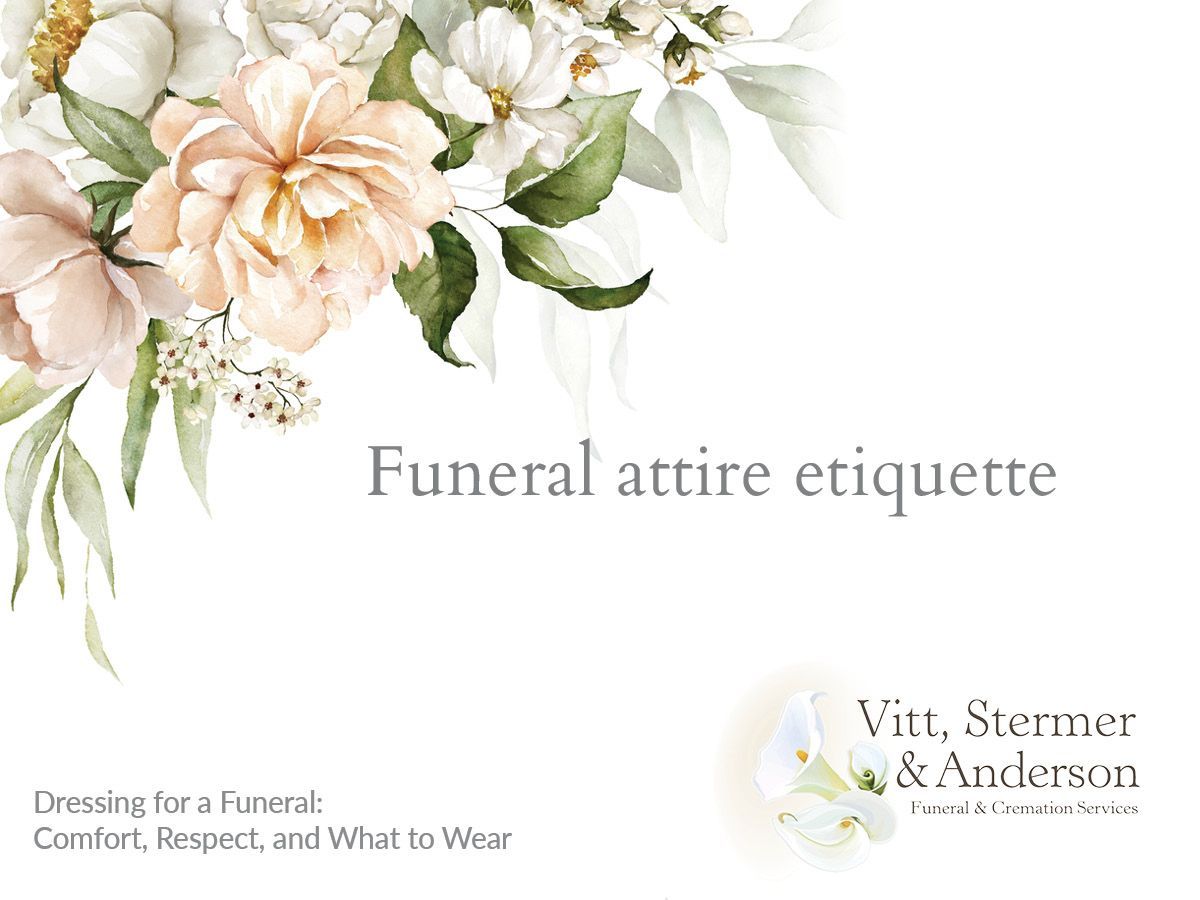Can Catholics Be Cremated and What To Do with the Cremains?
Final disposition is a personal choice. For many, their choice is guided by their religion, with many faiths having rules and restrictions about the proper way to spend forever. For many years, final disposition meant burial for Catholics, but what’s allowed today? Can Catholics be cremated? And, if so, are there rules on how to handle a cremated loved one?
Can Catholics be cremated?
As of May 1963, the Vatican lifted the prohibition of Catholics from choosing cremation. It is now a part of canon law that Catholics are allowed to be cremated as their final disposition, though many Catholics still prefer the practice of burial. However, there are several guidelines on what you can do with a loved one’s cremated remains.
What can you do with the cremains?
For starters, the Catholic Church prefers that one has a Catholic funeral before cremation occurs, but the Church does allow for cremation to occur.
The Catholic Church believes in the sanctity of the body, which is why cremated remains may not be separated. Under the guidelines of the Church, scattering or spreading ashes, whether on land or sea, is not allowed. A cremated loved one must have one container, such as an urn, rather than be separated into multiple containers. For this reason, the Catholic Church does not permit some cremated remains in other items like jewelry.
The mingling of the remains of cremated persons is also discouraged. According to the Catholic Church, multiple people cannot be placed together in the same urn, as the Church emphasizes the individuality of each baptized person.
Catholicism teaches that all people will be resurrected at the end of days. Catholics believe that while cremation of the deceased’s body does not affect his or her soul, nor does it prevent God, in His omnipotence, from raising up the deceased’s body to new life, burial is above all the most fitting way to express faith and hope in the resurrection of the body.
In the Catholic faith, it’s essential to have a place to visit your loved one. To properly respect the body, the Church dictates that the body must be buried, cremated or not. Cemeteries often have several options for cremated remains that comply with the Catholic Church’s guidelines, such as sections of the cemetery with graves for urns or columbariums with niches for the urns.












